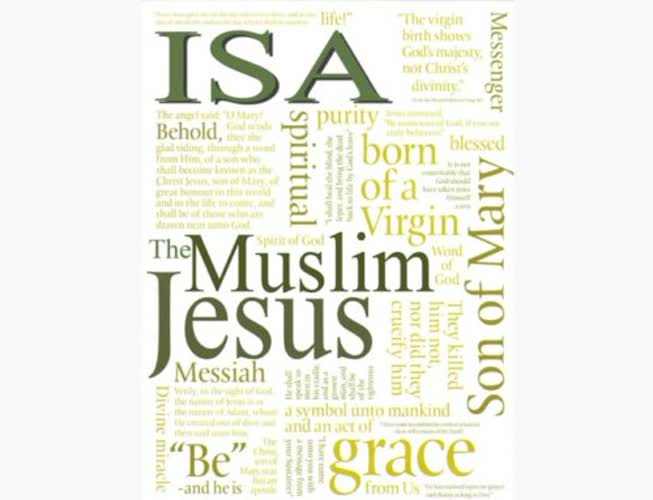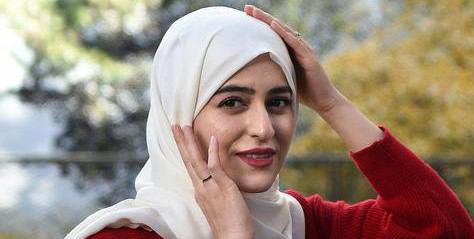According to rahyafte (the missionaries and converts website):Islamic views on other religions, Jesus, Mary, and Moses are rooted in principles of respect, tolerance, and peaceful coexistence. Islam recognizes and respects the figures of Jesus, Mary, and Moses as important prophets and figures in the history of monotheistic faiths. Muslims are encouraged to engage in dialogue and build bridges with people of other faiths while upholding their own beliefs with dignity and respect.
Respect for Other Religions:
In Islam, respect for other religions is a fundamental principle. The Quran explicitly states that there is no compulsion in religion (Quran 2:256). This means that individuals should not be forced to convert to Islam, and they should be free to practice their own faith. This principle underscores the importance of religious tolerance and coexistence.

Jesus (Isa) in Islam:
Islam acknowledges Jesus (Isa) as one of the great prophets sent by God. While Muslims do not believe in the Christian concept of the Trinity or that Jesus is the Son of God, they do believe in the miraculous birth of Jesus to the Virgin Mary. The Quran mentions the birth of Jesus (Quran 19:16-34) and his miracles, such as healing the sick and raising the dead, as signs of God’s power.
Mary (Maryam) in Islam:
Mary, known as Maryam in Islam, holds a special and revered position. She is considered one of the most virtuous and pious women in history. The Quran dedicates a whole chapter (Surah Maryam) to her story and her role as the mother of Jesus. Muslims hold Mary in high esteem for her piety and devotion to God.
Moses (Musa) in Islam:
Moses (Musa) is regarded as one of the prominent prophets in Islam. The Quran narrates in detail the story of Moses and his mission to guide the Israelites, including his encounter with Pharaoh and the parting of the Red Sea. Muslims draw lessons from Moses’ life, emphasizing themes like faith, patience, and the struggle for justice.
Interfaith Relations:
Islam encourages positive and respectful interactions with followers of other religions. Muslims are urged to engage in dialogue and discussions with people of different faiths, promoting understanding and peaceful coexistence. The Quran emphasizes that people of different faiths should come to common terms of belief, focusing on the belief in the one God (Quran 3:64).
Religious Freedom:
Islam upholds the principle of religious freedom, which means that individuals have the right to practice their religion without coercion. Forced conversion is strictly forbidden in Islam, and individuals should be allowed to choose their faith freely.
In conclusion, Islamic views on other religions, Jesus, Mary, and Moses are rooted in principles of respect, tolerance, and peaceful coexistence. Islam recognizes and respects the figures of Jesus, Mary, and Moses as important prophets and figures in the history of monotheistic faiths. Muslims are encouraged to engage in dialogue and build bridges with people of other faiths while upholding their own beliefs with dignity and respect.



















